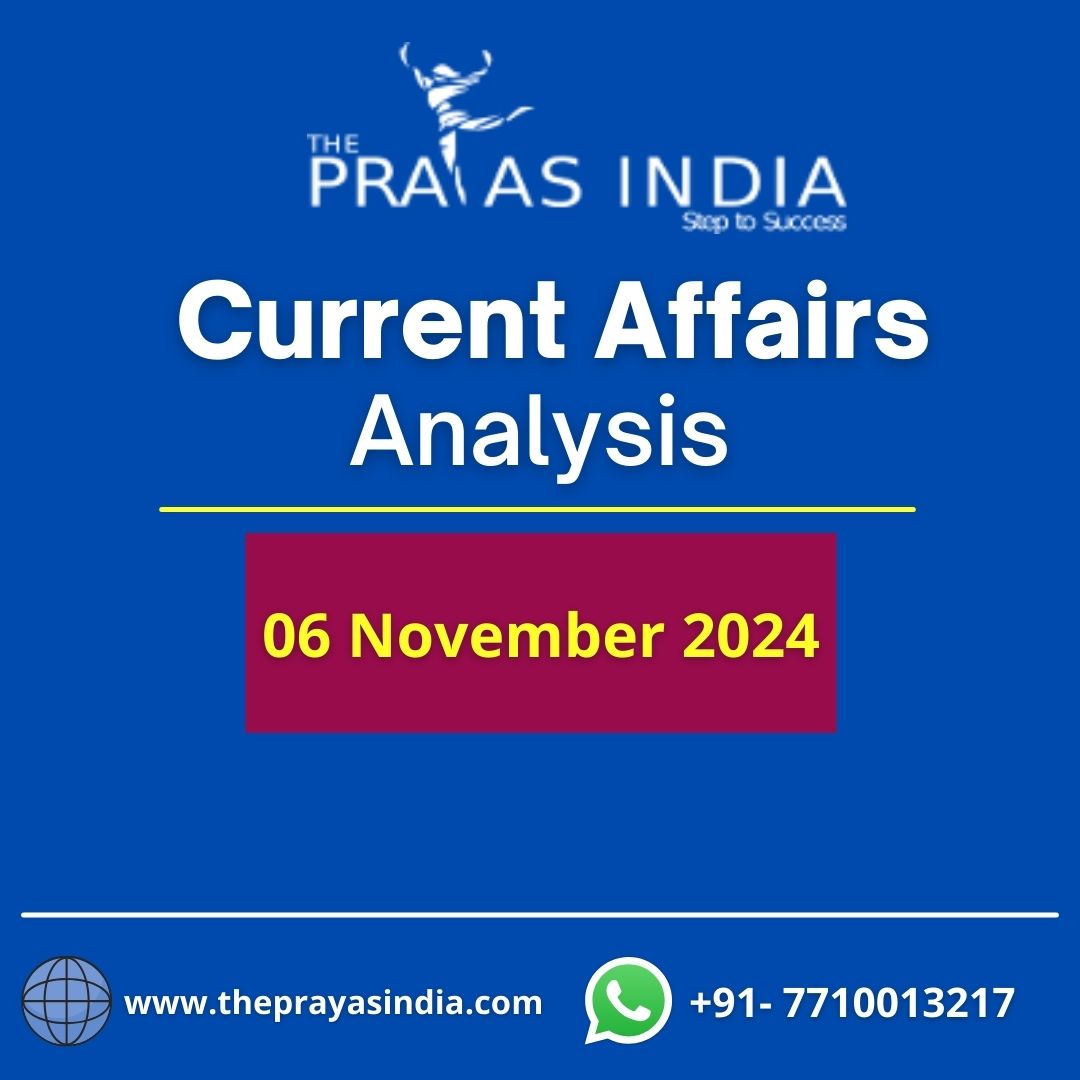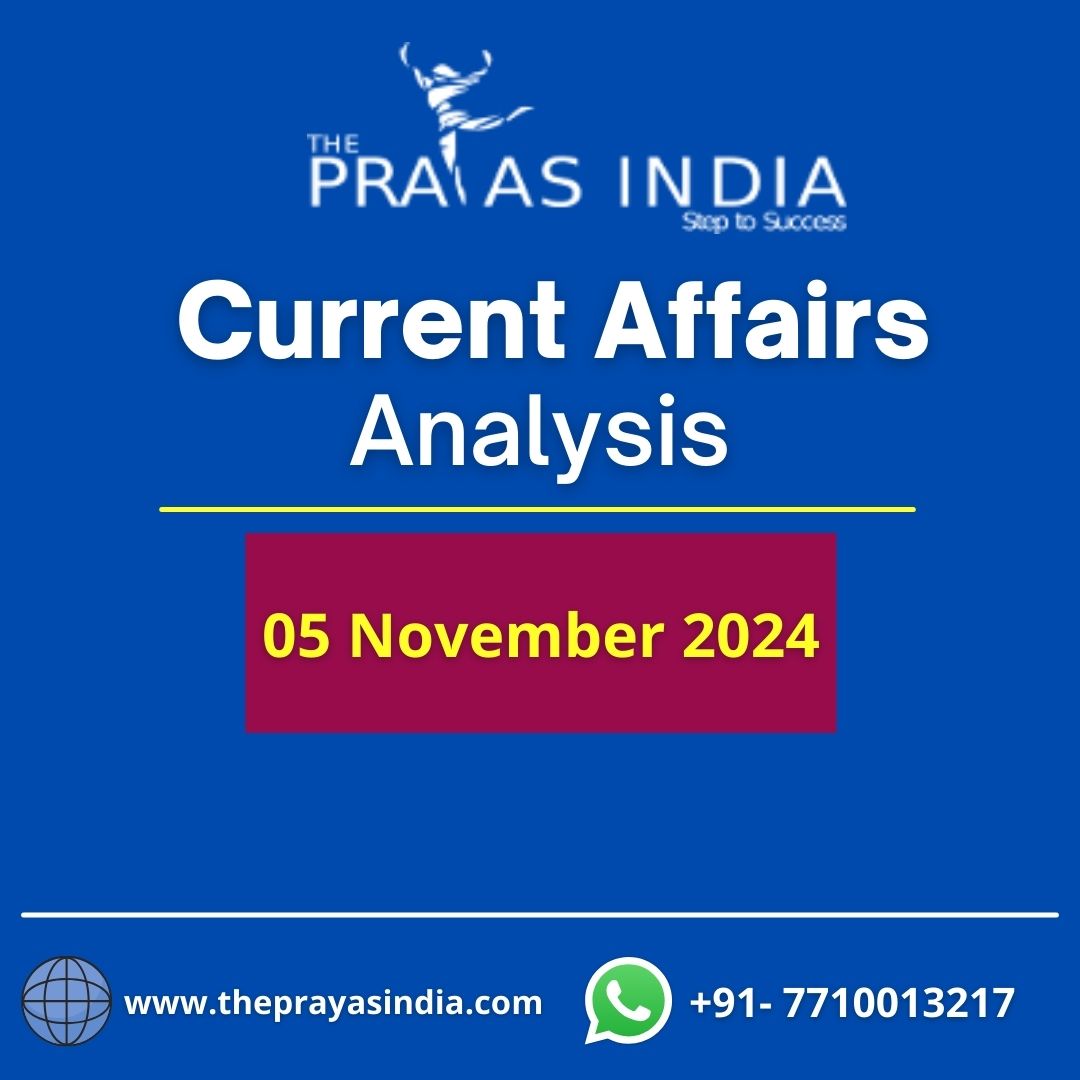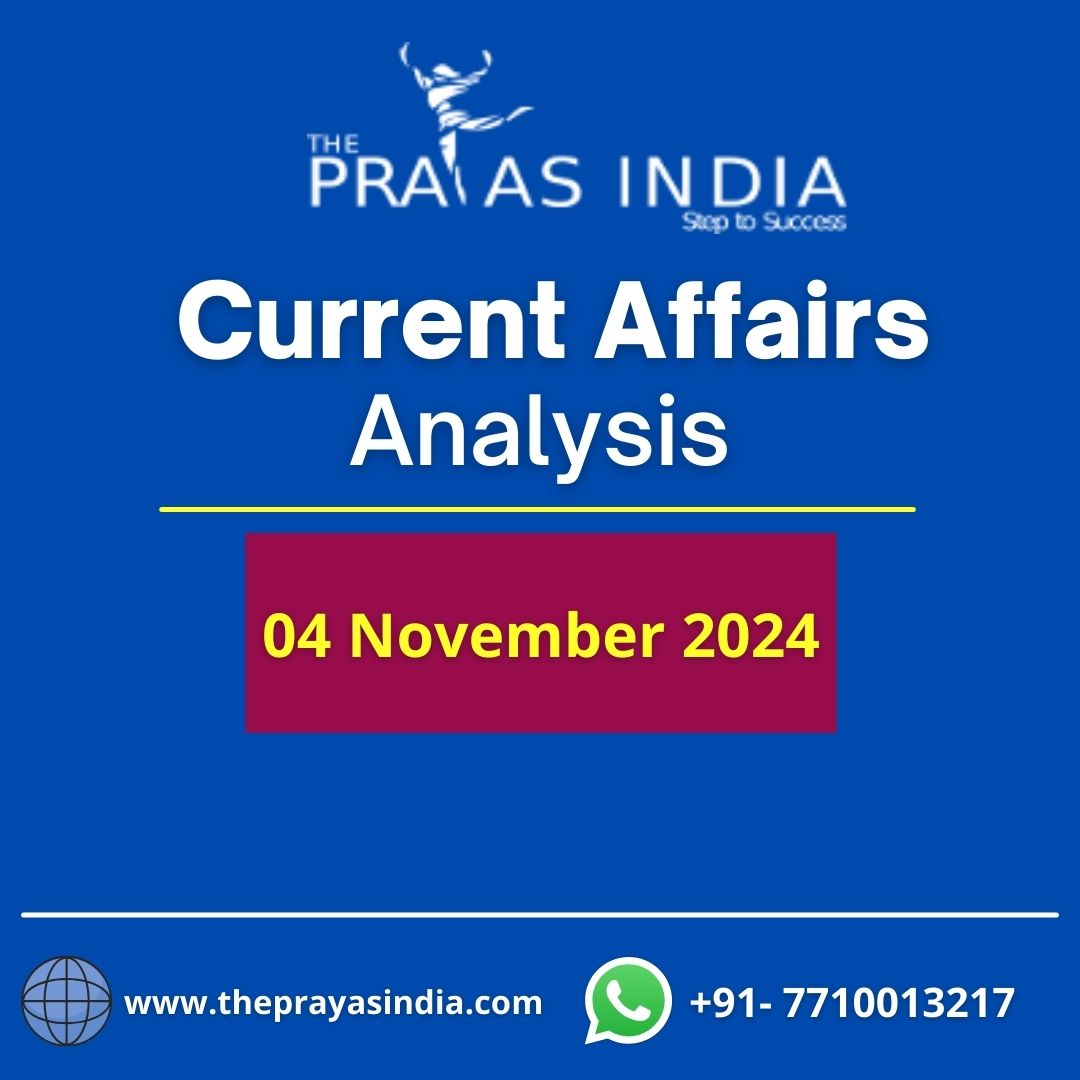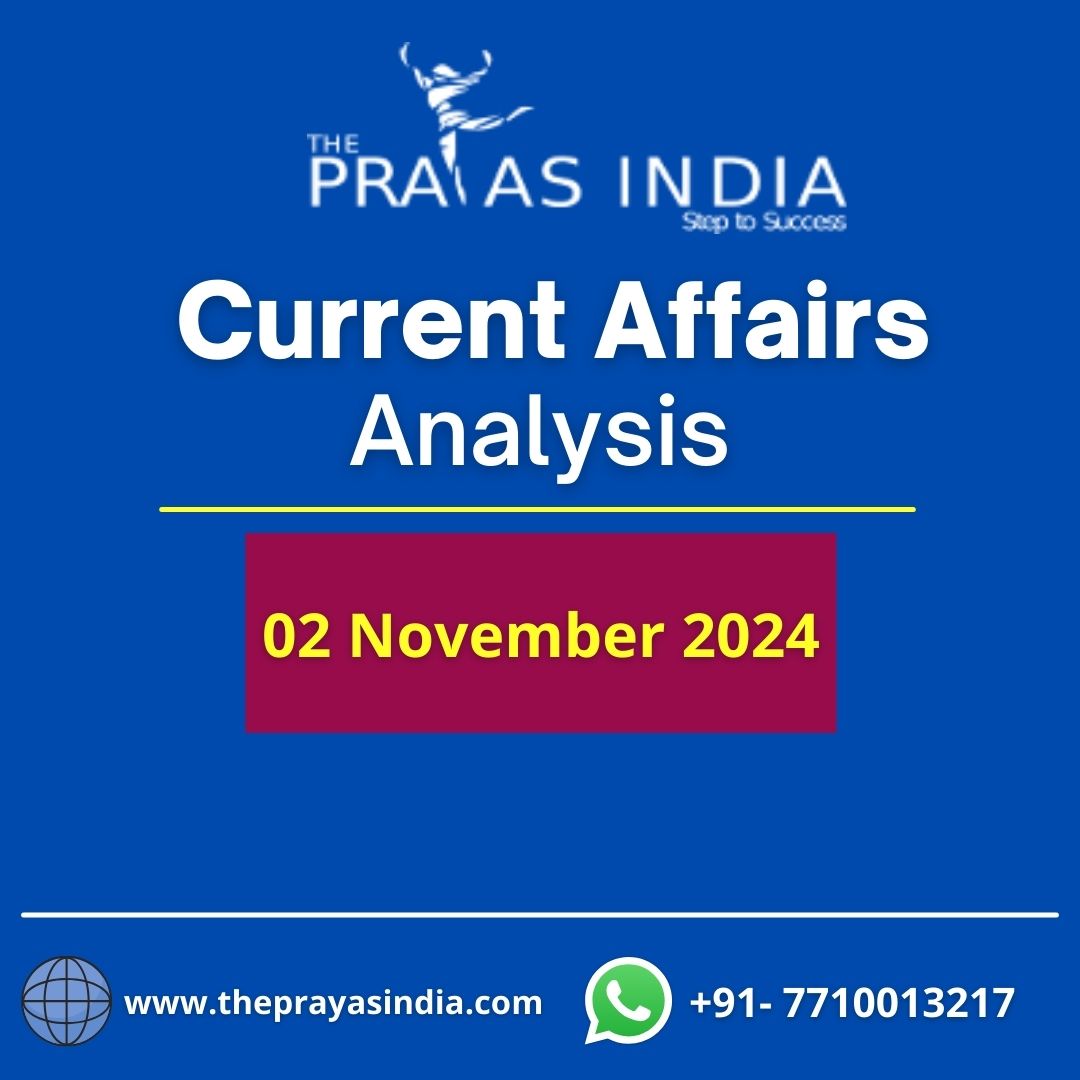DAILY CURRENT AFFAIRS ANALYSIS
1 – Notice of PMLA to Offshore Crypto Companies: GS III – Economy-related issues:
Context:
- Nine offshore cryptocurrencies and virtual digital assets service providers (VDA SPs), including Binance Kucoin and Huobi, have received show-cause warnings from the Financial Intelligence Unit India (FIU-IND) for failing to comply with the necessary provisions of the Prevention of Money Laundering Act (PMLA).
- The PMLA (Prevention of Money Laundering Act) was passed in 2002.
About:
- The purpose of the 2002 PMLA law in India is to stop money laundering and related crimes.
- The process of incorporating illegally obtained funds into the financial system in order to make them appear legitimate or “clean” is known as money laundering.
- It was passed in 2002 as a reaction to India’s international pledge to fight money laundering, which included ratifying the Vienna Convention.
Authorities that Regulate:
- Enforcing laws against money laundering is the major responsibility of the Directorate of Enforcement (ED).
- It operates under the Ministry of Finance’s Department of Revenue.
- The Supreme Court has decided that the ED cannot use the PMLA to arrest someone merely for failing to appear for their summons and questions.
- The national organisation, FIU-IND, is in charge of gathering, processing, evaluating, and sharing with international FIUs and enforcement agencies any information pertaining to questionable financial activities.
- The Finance Ministry oversees the agency’s operations.
What PMLA Compliance Requirements Are There for VDA SPs?
- Registration Requirement: VDA SPs that participate in operations involving transfers, safekeeping, control, or virtual digital assets in conjunction with fiat currency are required to register as reporting organisations with FIU-IND.
- Activity-Based Compliance: Under the PMLA, compliance requirements, which include record-keeping, reporting, and other specified duties, are based on activities rather than physical presence.
- Enforcement and Regulation Ambit Expansion: In March 2023, the regulatory scope was extended to include VDA SPs under the PMLA’s Counter Financing of Terrorism (CFT) and Anti Money Laundering (AML) frameworks.
- Reporting companies are required by the anti-money laundering statute to keep track of Know Your Customer (KYC) information, client identity records, beneficial owner data, account files, and client-related business correspondence.
- In addition, under the Income Tax Act, reporting businesses must produce Statements of Financial Transactions (SFT) that include information about particular financial transactions or reportable accounts maintained during the year.
Source The Hindu
2 – SHRESHTA Scheme: GS II – Government Policies and Interventions:
Context:
- Recently, the Scheme for Residential Education for Students in High Schools in Targeted Areas (SHRESHTA) was highlighted by the Ministry of Social Justice & Empowerment.
Which aspects of the SHRESHTA stand out the most?
About:
- With the provision of excellent education, socioeconomic advancement, and general development for Scheduled Castes (SC) pupils, SHRESHTA seeks to close the educational service gap in places where SCs predominate.
- Class 9 and Class 11 of private schools connected with the CBSE/State will be admitted.
Qualifications:
- Students from SCs who are enrolled in classes 8 and 10 of the current school year are qualified to receive the benefits of the programme.
- Students from the SC community who earn up to Rs 2.5 lakh annually and belong to a marginalised income category are eligible.
Standard Operating Procedure:
Two modes are used to implement the scheme:
Procedure for Selection:
- Every year, the National Testing Agency (NTA) selects meritorious SC students via the National Entrance Test for SHRESHTA (NETS).
- In grades 9 and 11, a select group of students are admitted to the top private residential schools associated with the State Board and CBSE.
Monetary assistance:
- From class 9 to class 12, the Department pays the entire student fee of Rs. 1,00,000 to Rs. 1,35,000, which includes both school and lodging costs.
- Acceptable charge for every class in the Scheme.
Bridge Programme:
- Outside of regular school hours, a bridge course is offered to improve pupils’ ability to transition smoothly into the classroom.
- Ten percent of the annual bridge course fee is covered by the Department.
Observing:
- The Ministry routinely keeps an eye on students’ academic progress.
Mode 2: Schools and Hostels Run by NGOs or VOs:
- Grants for educational fees and residential costs for SC students are given to schools and hostels operated by VOs/NGOs that offer instruction up to the 12th grade.
- Depending on the kind of school, grants can range from Rs. 27,000 to Rs. 55,000 per student.
Observing:
- The Ministry routinely keeps an eye on students’ academic progress.
- To ensure openness, institutions must publish information about their performance on their websites and the e-Anudaan/online portal.
- installation of cameras in educational facilities with live feeds for oversight.
- An inspection team assembled for this purpose is entitled to conduct a field visitation at any of the institutions.
Effect:
- 7,543 recipients as of December 2023 (for the year 2023–2024).
- Admissions for 2023–2024: A total of 142 Private Residential Schools accepted 2,564 students, and Rs. 30.55 Crore was reimbursed for their tuition.
Source The Hindu
3 – Sixteenth Finance Commission’s Constitution: GS II – Statutory and Non-Statutory Bodies:
- In compliance with Article 280(1) of the Constitution, the Indian government has formed the Sixteenth Finance Commission and named Dr. Arvind Panagariya, a professor at Columbia University and former vice-chairman of NITI Aayog, as its chairman.
- The precise parameters of the mandate have been delineated, encompassing the allocation of tax earnings between the Union and the States, the tenets guiding grants-in-aid to the States, and actions aimed at reinforcing State finances for regional entities such as Municipalities and Panchayats.
- Additionally, the Commission is responsible for examining the finance arrangements for disaster management as stipulated in the Disaster Management Act of 2005 and offering suggestions for enhancements.
- It has been requested that the Commission release its findings by October 31, 2025.
Source The Hindu
4 – Transformational Projects of Ayodhya: GS II – Government Policies and Interventions:
- The Maharishi Valmiki International Airport was recently opened in Ayodhya by the Prime Minister of India.
- The terminal has a GRIHA – 5 star rating because to innovative sustainability elements including LED lighting, rainwater harvesting, solar electricity, and a sewage treatment plant, which encourage environmental consciousness.
- An ancient Indian epic known as the Ramayana is attributed to Maharishi Valmiki, commonly referred to as Adi Kavi (the first poet). He is regarded as a great sage and an important character in Hindu literature and mythology.
Source The Hindu
5 – Attaining ‘Religious Character of Place of Worship’ Requires Trial: Allahabad High Court: GS II – International issues:
- The current position taken by the Allahabad High Court in the Gyanvapi case implies that the Places of Worship Act, 1991 does not define the “religious character of any place of worship” and that this can only be ascertained through a trial based on both oral and written evidence, case-by-case.
- The conversion of religious sites into places of worship for a different faith or sect is prohibited by the Places of Worship Act, 1991.
- It also requires that any house of worship maintain its religious identity as it was on August 15, 1947.
- The Gyanvapi issue involves a legal dispute over the ownership and religious significance of the Gyanvapi complex in Varanasi, which houses a temple and a mosque.
- Hindu litigants contend that Swayambhu Lord Adi Vishweshwar was the original temple’s patron, and that this includes the mosque site.
- They say that Emperor Aurangzeb destroyed this temple, which was formerly on the Gyanvapi property, in 1669.
- Up until now, neither the government nor the Supreme Court have taken a firm position on this matter.
Source The Hindu




